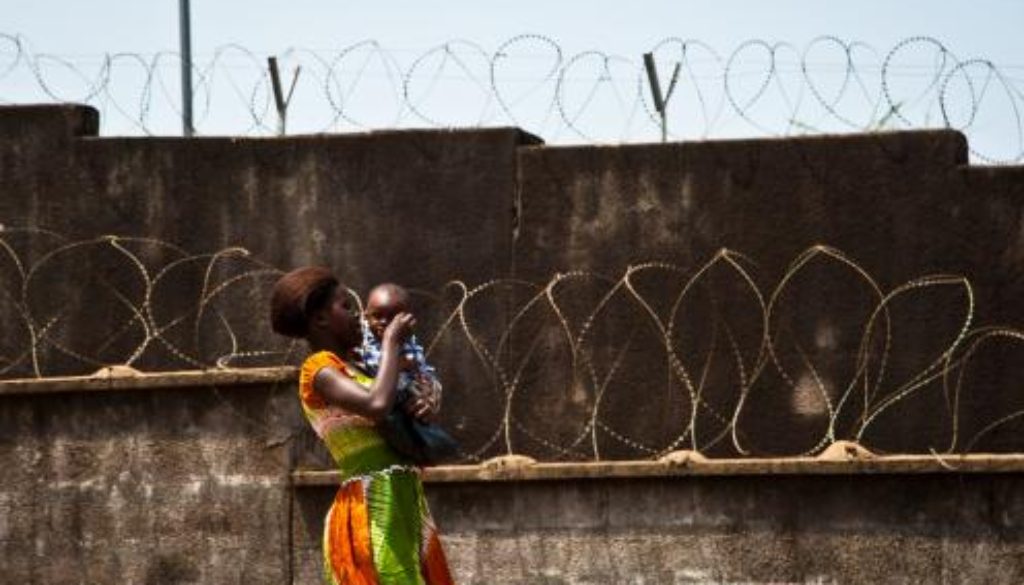An online learning resource on gender and health for the European Commission
We supported a new open access online learning resource on Gender and Health Systems, drawing on case studies developed in the Building Back Better project. This collaborative process helped to galvanise gender analysis in policy and practice.
Sally Theobald and Joanna Raven
We recently had the opportunity to work with the European Commission – a major funder of health systems strengthening initiatives globally – to help expand the resources that they have on gender and health. We worked with Dr. Maryse Simonet of the EC’s DEVCO B4 team, EC central health staff, and those from country offices to develop resources to inspire and support further action on gender equity. We considered a range of health responses to promote gender equity which EC delegates could operationalise within their health systems strengthening projects. This led to the development of a new open access online learning resource.
The online learning resource defines key gender concepts and links to relevant open access tools, resources, and frameworks which can be applied to support gender analysis in different contexts and across different health systems issues. The health systems approach and frameworks provide opportunities to institutionalize gender equality in a sustainable manner and to enhance policy synergies amongst the four pillars of the EU second gender action plan:
- Ensuring girls’ and women’s physical and psychological integrity
- Promoting the social and economic rights/empowerment of girls and women
- Strengthening girls’ and women’s voice and participation
- Shifting the institutional culture to more effectively deliver on EU commitments
The online learning resource is supported by case studies, which explore how gender influences rates of risk exposure to common drivers of ill-health, patterns of health-care seeking for women and men, analysing and assessing the implications for health systems and global health institutions.
The resource draws from our Building Back Better work, illustrating how gender analysis can be applied in fragile and conflict affected settings. Additional case studies present health systems challenges from a gender perspective in Zimbabwe and Guinea Bissau.
It was an interesting process to collaboratively develop these case studies. We worked with health specialists and gender focal persons, in various EU delegations and people in charge of health development projects, mostly in low-income settings. We also had inputs from EC delegates from Nigeria and Tunisia to enable discussion on the extent to which challenges (and solutions) identified were context specific or had a wider applicability. A seminar was held with delegates to discuss the case studies and resources which triggered a range of reflections and critical questions: on strategies and approaches to ensure gender analysis also include a focus on men and boys; the importance and challenges of fostering intersectoral collaboration to promote gender equity in interventions such as those addressing gender-based violence; the challenges of fast paced change and multiple players in conflict affected contexts; and the importance of gender indicators, collecting and using sex disaggregated data and gender analysis to resist the “evaporation” of a gender focus in policy and practice at all levels of the health system.
The tool is now available as an open access resource for anybody to use. You can also watch the video to find out more!
We would like to congratulate the European Commission for developing a gender action plan and making strides to ensure that gender is part of their core work. We were very happy to be part of the process and learned a lot through it, and we hope you find the online learning resource helpful. We also hope that the French version, in the making (thanks to the EC), will trigger exchange and broaden involvement.
The Learning Resource – Gender and Health Systems – can be downloaded from this link.
Photo of woman with child by Eduardo Arraes.

